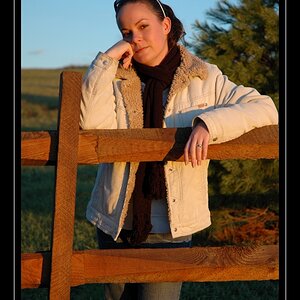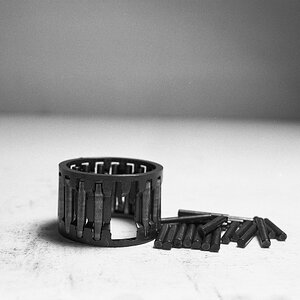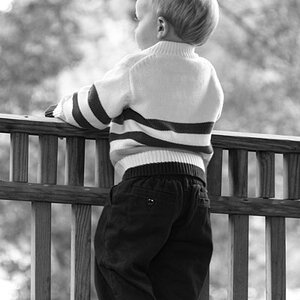fotoadam
TPF Noob!
- Joined
- Aug 12, 2003
- Messages
- 80
- Reaction score
- 0
- Location
- houston and huntsville texas
- Website
- www.dunin.org
Im curious, Are there lenses that are specifically designed for digital camera use..? Lets say I have a 300D and wanted a 15-80mm lens for it. Could I use anyone I can find in a magazine or does it have to say for digital use only or what not..? Thanks
ADam
ADam




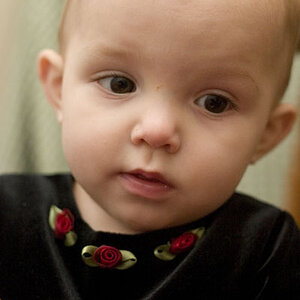
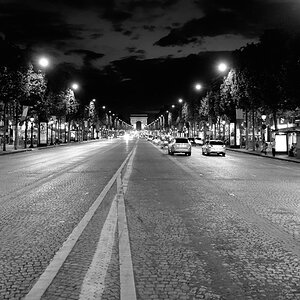

![[No title]](/data/xfmg/thumbnail/32/32162-dd2cfb373402c59de9c6f13cee73b0fb.jpg?1619735234)
